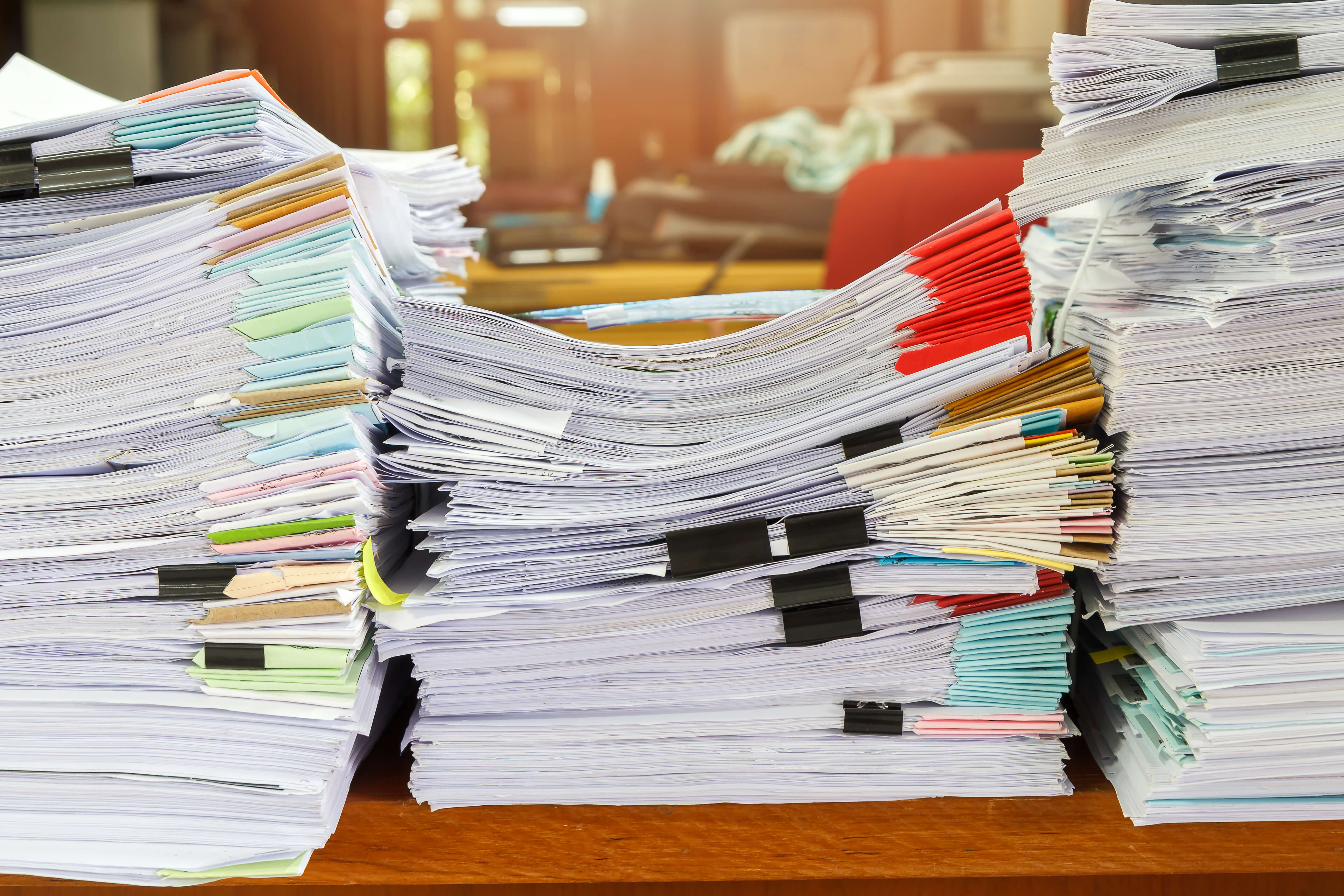

What is the purpose of shredding? This is most commonly asked by people who are unclear about what a document shredding company does. The answer to that question is fairly straightforward: “To destroy documents containing sensitive information.” Document shredding plays a critical role in legal document disposal.
The first step in document shredding is to destroy any files containing personal or sensitive information deemed private. This might include details such as social security numbers, bank account numbers, credit card numbers, and other financial data. In doing so, you will prevent the risks of identity theft and other fraudulent crimes substantially.
Many companies across the United States shred paper for security reasons. Partnering with a professional shredding company is the best method because they offer a faster service than using a store-bought shredder, you save significant time, and it’s easier than assigning an employee to get the job done. Additionally, a company handling the destruction of your files will follow the highest security measures to ensure that your information is obsolete, as all documents are handled by a team of professionals trained in secure destruction. Shredding jobs are accompanied by a Certificate of Destruction confirming that the process was completed according to strict privacy laws.
Services that use on-site methods are able to shred large amounts of documents, ensuring your confidentiality every step of the way. An on-site shredding company like Gator Shredding, will come directly to your facility or location, and shred all your sensitive files right away through our secure, mobile shred truck. Customers may witness the process firsthand for added peace of mind. Plus, all paper particles leftover are collected and recycled appropriately.
Items You Should Be Shredding
- Address labels from junk mail and magazines
- ATM receipts
- Bank statements
- Birth certificate copies
- Canceled and voided checks
- Credit and charge card bills, carbon copies, summaries and receipts
- Credit reports and histories
- Credit Cards (Expired)
- Documents containing names, addresses, phone numbers or e-mail addresses
- Documents relating to investments
- Documents containing passwords or PIN numbers
- Drafted Documents
- Education Records
- Employee pay stubs
- Employment records
- Expired passports and visas
- identification cards/badges
- Legal documents
- Insurance Information
- Internal Memos
- Luggage tags
- Medical and dental records
- Papers with a Social Security number
- Payroll Information
- Pre-approved credit card applications
- Purchase Orders
- Receipts
- Report cards
- Resumés
- Tax forms
- Transcripts
- Travel itineraries
- Used airline tickets
Items NOT to Shred
For future reference and legal purposes, important documents should always be stored in a secure manner. Keeping these documents in locked filing cabinets and safe deposit boxes is a good option.
Records not to shred include:
- Birth certificates or adoption papers
- Social Security cards
- Citizenship papers or passports
- Marriage or divorce documentation
- Death certificates of family members
- Also, keep automobile and home ownership details stored safely for as long as you own the property
Call Gator Shredding to schedule a shredding job. Our services include one-time, ongoing, and scheduled services. Have questions about our document shredding services? Get in touch with our team to discuss your needs.

